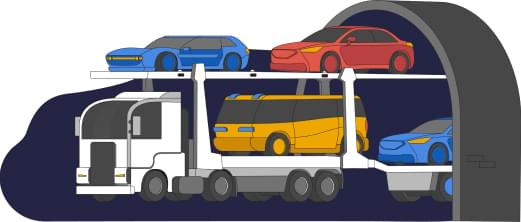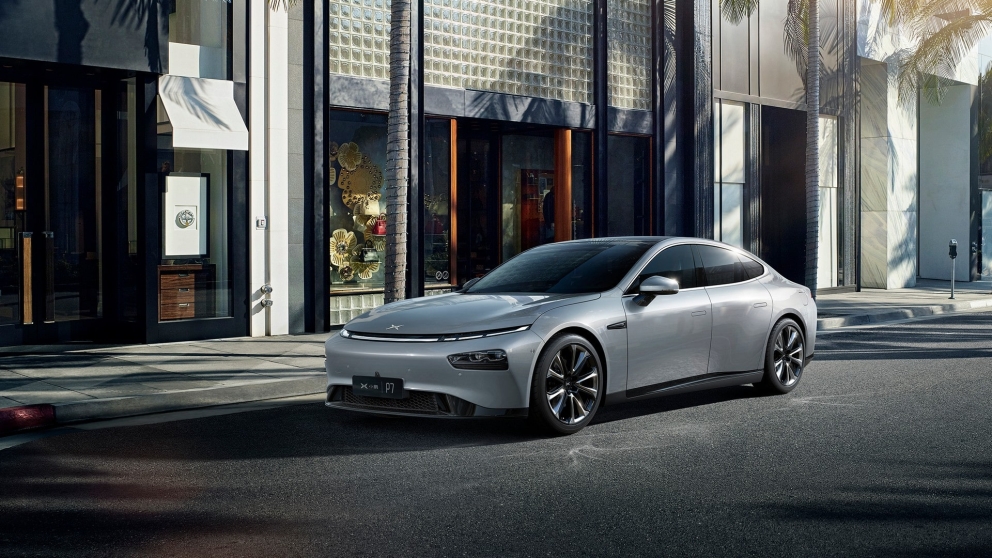The European Union introduces tariffs of up to 45% on Chinese electric cars: what does this mean for the market
The European Union is taking decisive steps to protect its car market from the influx of cheap Chinese electric cars. In particular, it is about the possible introduction of tariffs of up to 45% on the import of electric cars from China. This decision could have a significant impact on both European and global car manufacturers.
Reasons for introducing customs duties
The European Commission has launched an investigation into state subsidies that China provides to its electric car manufacturers. According to the president of the European Commission, Ursula von der Leyen, the market is flooded with cheap Chinese electric cars, the price of which is artificially low thanks to state support. This creates unfair competition for European manufacturers.
"Europe is open for competition, but not for a race to the bottom," emphasized von der Leyen in her speech before the European Parliament.
Support of EU member states
The majority of EU member states supported the initiative to introduce customs duties. They agreed that Chinese subsidies distort the market and harm European industry. At the same time, there are fears about possible consequences, in particular a trade war with China.
China's reaction
China reacted sharply to the actions of the EU, calling them a manifestation of protectionism. Chinese officials said such measures could negatively affect trade and economic relations between the two sides.
Impact on the electric car market
The introduction of tariffs could lead to higher prices for Chinese electric cars in Europe, making them less attractive to consumers. This may give an advantage to European producers who will be able to compete on a more level playing field.

Possible consequences
- For European manufacturers: Reduced competitive pressure from China can help local industry.
- For consumers: It is possible to reduce the choice and increase the price of electric cars.
- For EU-China relations: Risk of escalation of trade tensions, which may affect other sectors of the economy.
Conclusions
The EU's decision to impose tariffs on Chinese electric cars is a strategic step in protecting its own economic interests. It reflects the growing concern of European countries about unfair competition from China. Further developments will depend on the results of the European Commission's investigation and China's reaction.
